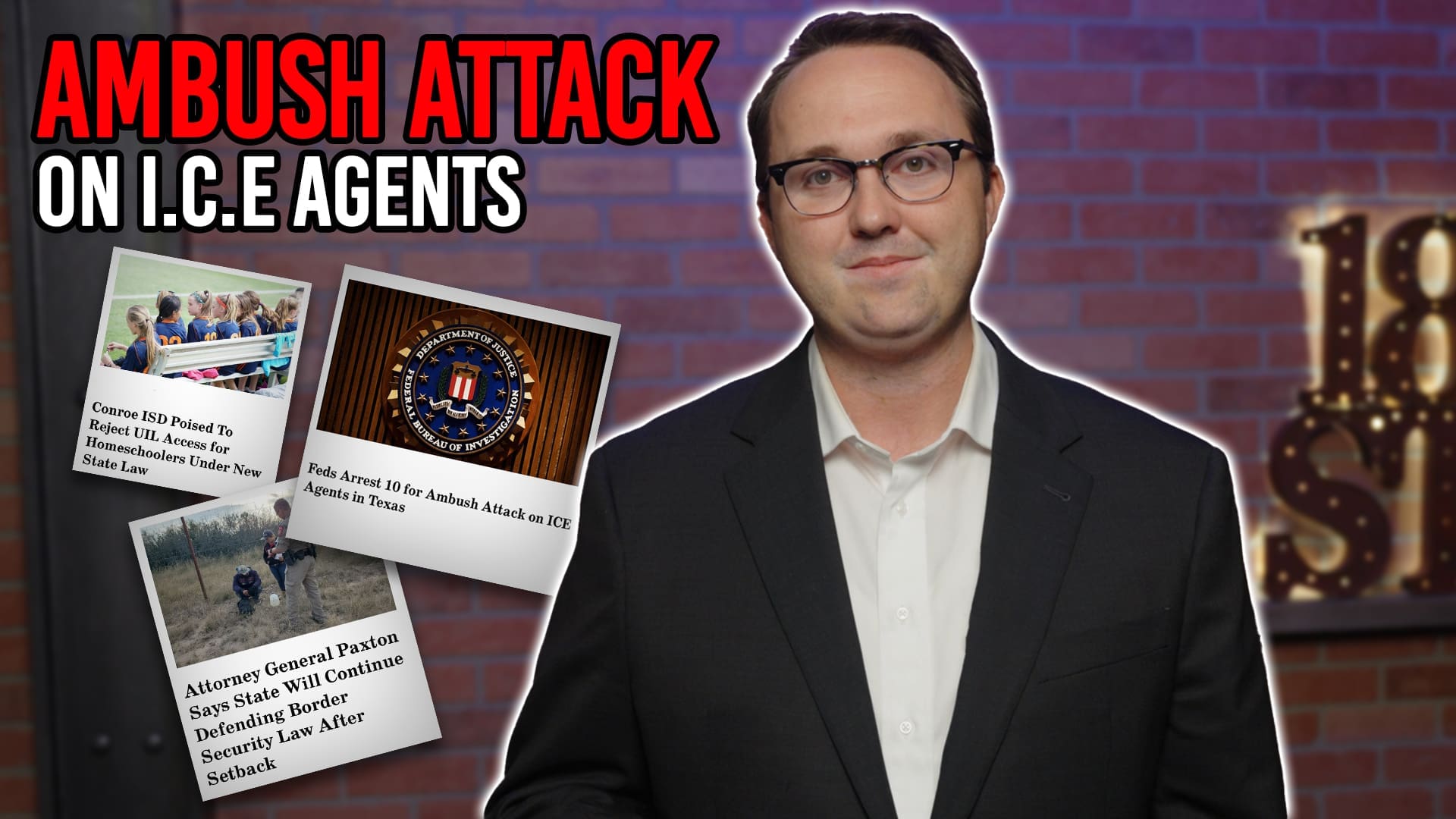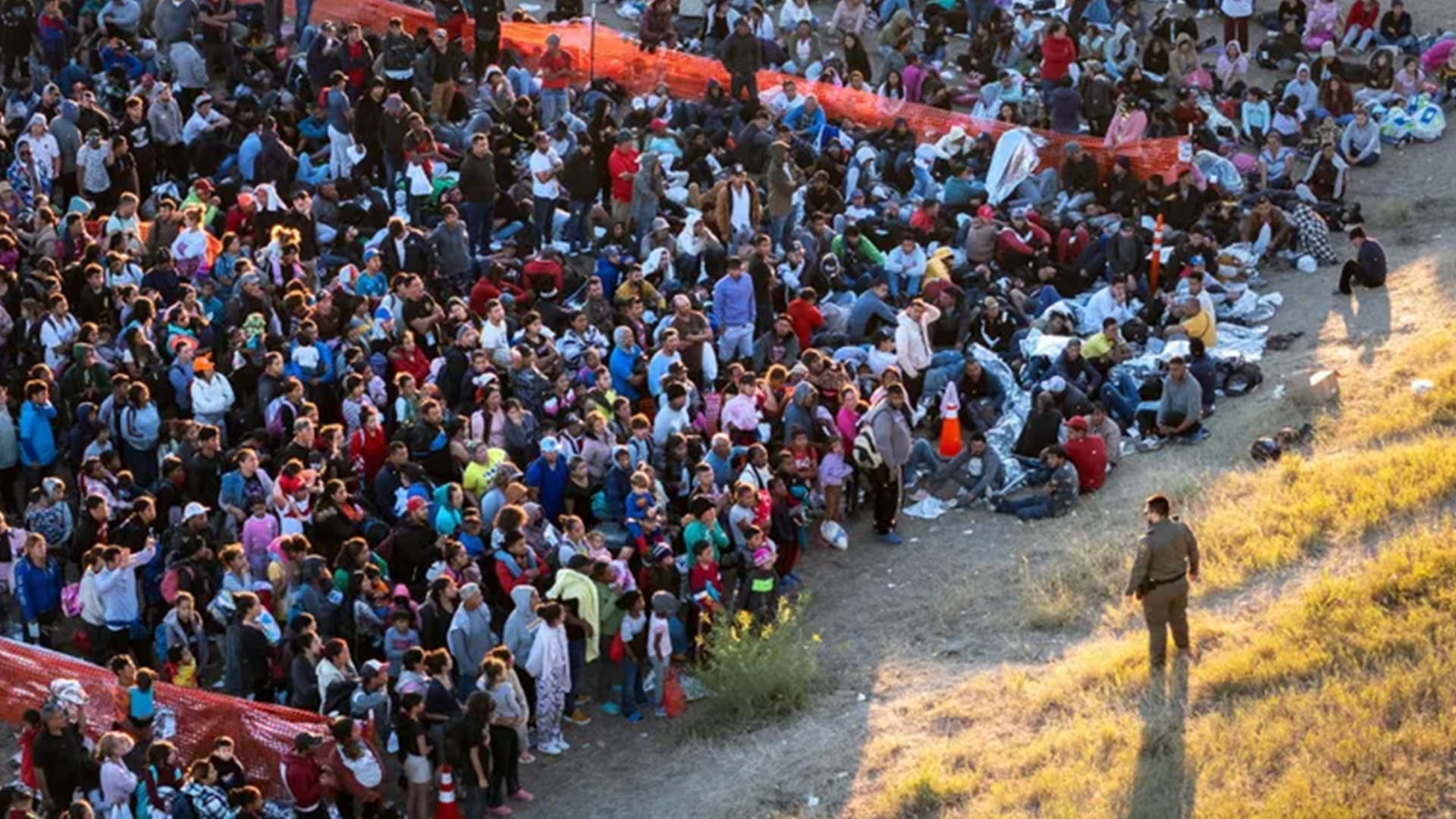DETROIT — Panelists at the Netroots Nation conference described their allies as “communists” and “anarchists” while admitting that, as liberals, “we like taxing things.” One panelist said he likes reading obituaries because “there are a bunch of Fox News viewers who are no longer with us.”
In a discussion entitled: “Reimagining the Possible: Long-Term, Structural Transformation” progressive leaders shared candid thoughts on the next forty years of the progressive movement in Texas and America. Their honesty will surprise you.
Bree Carlson, director of the Structural Racism Program at National People’s Action (NPA) served as the moderator for the panel. After introducing the panelists, Carlson explained the goals of the organization she represents.(NPA’s long-term agenda document can be found here.) Two of NPA’s major goals, as articulated by Carlson, include “government control of the economy” and “rebuilding the Public Sector.”
Ironically, ignoring the many decades the city of Detroit has languished under progressive Democratic leadership, Carlson places blame for the city’s decline specifically on unnamed billionaires claiming, “We are living in the forty year vision of billionaires, this is their billionaire utopia.”
Ryan Bates, director of Michigan United—Michigan’s NPA affiliate, floated a “progressive” approach to public policy.
“We’re liberals, we like taxing things. One thing we can tax is behavior we don’t like by businesses. […] So, what if we could tax corporations for being ‘bad’ employers? […] You can start to see this [approach] in the climate debate, in taxing pollution, taxing carbon, but what if we taxed poverty? Or taxed union busting? Or taxed discrimination? All the things we don’t like, why don’t we charge a fee for it?”
Citing the progressive organizing model, Bates encouraged seizing volatile, sensitive events to galvanize voters, “Use immediate crises that mobilize people emotionally to politicize them.”
Bates mentions the current border children refugee crisis as an example of an issue that can be exploited for political gain. “There’s a moment when people are emotionally resonant here—suffering children, […] and it’s our job as activists and leaders to connect that hurt and that pain with a [political] structure.”
Former President of the Detroit Metro AFL-CIO, Christos Michalakis described what he views as the stakes for progressives in America: “Neo-feudalism if we fail […] and liberal utopia if we win.”
Despite mentioning “neo-feudalism” several times, Michalakis fails to provide a definition for the term.
The labor leader pondered the broader progressive movement nationally if Democrats were able to take traditionally “red” states such as Texas. “Imagine the influence progressives will have, if you don’t have to placate to the middle and don’t have to settle for mediocre candidates. We can try and get a real progressive in there [as President].” Apparently, Obama is not progressive enough for him.
Strangely, despite his desire for a lack of moderation in his own party, Michalakis praises moderate Republicans by decrying “radicalization” of the Republican Party saying, “I kind of like moderate Republicans, I miss them.” It seems the left has found a useful place for Joe Straus and his lieutenants in a “liberal utopia.”
Looking toward the future of their movement as it relates to conservatives, Michalakis had this to say, “Part of the good news is, the ring-wing’s mouthpiece is dying—Fox News […] everyday when I look through an obituary it’s like, ‘Oh there are a bunch of Fox News viewers who are no longer with us.’ […] It will be interesting to see how the right will try and radicalize younger generations of voters and that’s where we have to be more aggressive…”
Michalakis concluded that progressives struggle to unify their “vision of utopia,” even in high-profile gatherings of progressives such as the Occupy movement, saying, “it’s too hard to organize a group of communists…eh, anarchists.”
Surprisingly, in all of their discussions of Detroit’s disrepair, not one panelist cited the role that organized labor played in driving much of the auto industry out of the city. Likewise, panelists glossed over the history of corrupt and incompetent progressive Democratic leadership that turned a pinnacle of American economic achievement into a veritable shell of city. Clearly, progressive “utopia” looks much like Detroit. Given this ideological legacy, would they do the same to Texas if given power?




